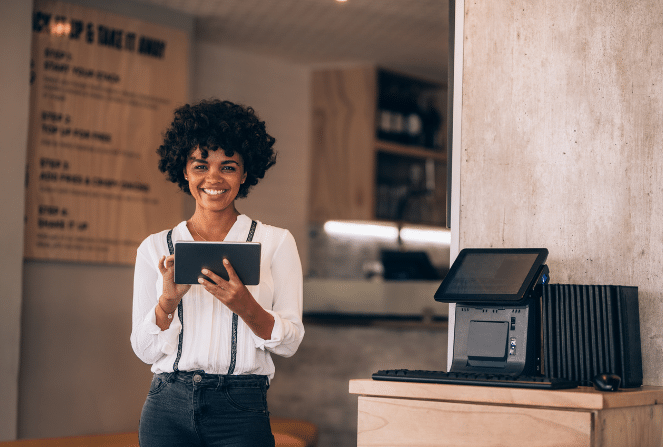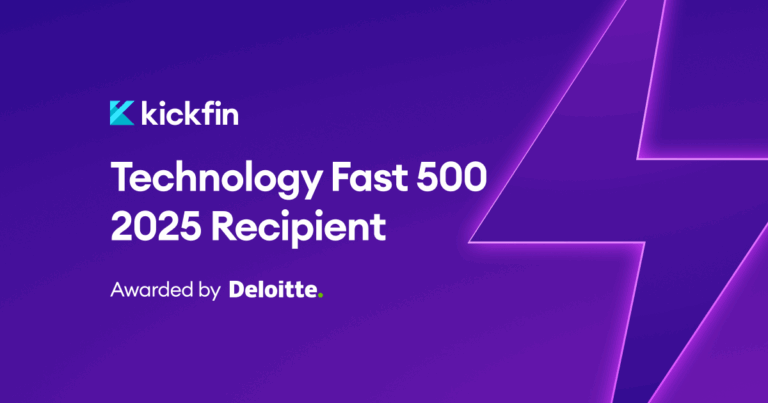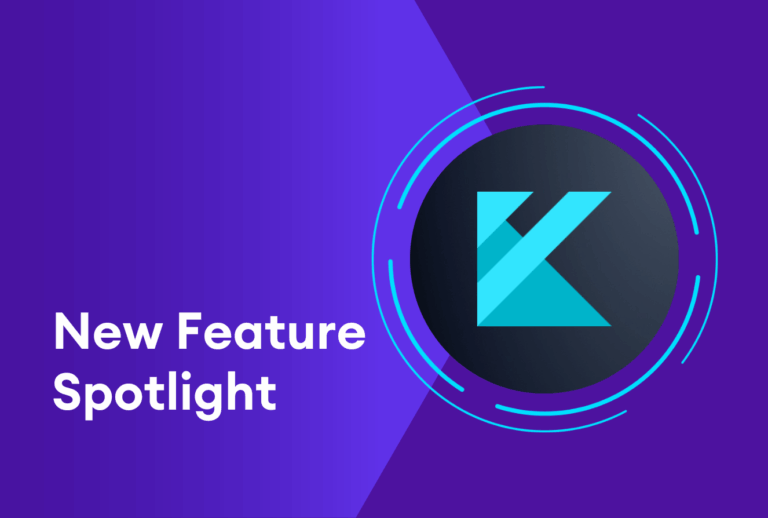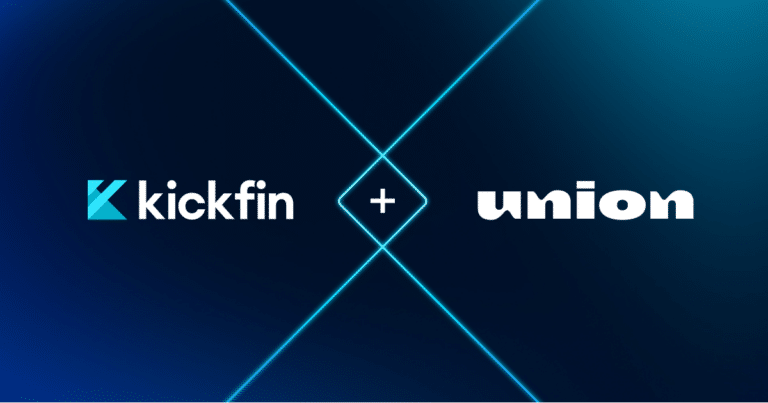There’s still a long road ahead when it comes to recovery from the COVID-19 pandemic for the hospitality industry—but leaning into tech could ease the transition. The good news? Travel demand is higher than ever, and 50% of hospitality industry leaders predict that hotels will see pre-pandemic levels of revenue in 2023.
As hotels begin to welcome more guests again, there’s a new wave of technological innovation taking place that’s worth watching. Here are the top seven technology trends we’re looking forward to seeing in hotels in 2023:
1. Automation and Artificial Intelligence (AI)
Automation and AI can now be integrated into nearly every area of hotel operations, from virtual chatbots on booking pages to automated wake-up calls for guests and optimized staffing scheduling based on current hotel occupancy. Three out of 4 hoteliers consider automation to be one of the most important elements of recovery for the hospitality industry, according to ReviewPro.
While it’s unlikely we’ll see robots behind the front desk anytime soon, more and more consumers are opting for automated options like streamlined or contactless check-in, which allows for keyless entry, or using internet-connected wearables that function as keys and charge cards, such as the MagicBands used by Walt Disney World properties.
2. Smart Hotel Rooms
Adding internet-connected devices into hotel rooms isn’t brand new, but it’s now become a must-have for many hotel guests. They expect more control over the heating and cooling system, lights, lock, and window shade systems — ideally in one centralized location or controlled via mobile app — as well as additional safety measures like panic buttons.
Another amenity on the rise is voice-controlled entertainment like Amazon’s Alexa or Google Home options, which provide personalized recommendations and allow guests to bring their favorite television shows, music, and movies with them when they travel. All of this adds up to a “smart” hotel room designed to help guests relax and feel at home.
3. Harnessing the Power of Data
Guests have been holding off on vacation plans for over two years now—so they expect the experience of a lifetime. Of course, you’re also hoping to create a memorable experience for your guests, but the stakes are much higher than just a bad review. In fact, one survey found that brands dedicated to improving customer experience were ten times more resilient during the pandemic.
But how can you get to know each of your thousands of guests? To deliver each guest their personalized dream vacation, you’ll need to collect and use personalized data. Now more than ever, guests are comfortable with inputting a great deal of information online through tipping platforms and hotel apps. Thanks to all of this first-party data, hotels can then build guest personas, predict guests’ wants and needs, and create an individualized experience for each guest—no matter how large their customer base is.
4. Mobile First
97% of Americans own some kind of mobile device, and travelers are now accustomed to accessing amenities and bookings directly from their mobile device. Whether that’s contactless check-in through your mobile app, making restaurant reservations at your resort, or adding on spa packages, you need to increasingly think about how to connect your in-person amenities with mobile access.
5. A New Kind of Business Center
The way people work has dramatically changed in the last few years, as more companies offer remote-friendly or hybrid office models. 59% of American workers say they now have some flexibility to work from home, according to the Pew Research Center. Increasingly, that’s less tied to their home address and more likely to mean “work from anywhere,” including your hotel.
That means business and leisure travelers alike bring their laptops with them — and a traditional business center with a few PCs is not going to be an amenity that’s useful. Instead, hotels should consider adding remote work perks, like discounts on multi-week or “workation” stays, staycation packages and rates for workers to get a different perspective in their home city, faster wifi, and more dynamic public spaces designed for remote work.
6. Digital Tipping
While digital tipping has been available for years in other sectors through cash apps like Venmo or PayPal, it’s only just being adopted in the hotel industry. More and more, we’re going to see cashless tipping options available through automated texts, mobile apps, or by placing QR codes in key areas of the property, such as in hotel rooms for housekeeping, at the bar for bartenders, or attached to employee name cards.
With so few Americans carrying cash these days — 3 in 10 Americans say they make no purchases with cash in a given week — digital tipping not only makes it easier for you to track and manage tipping across multiple areas of your property (check-in, housekeeping, pool, restaurant/bar, and so on) but also gives your employees a much-needed boost in earnings. And we all know that happier staff translates to employee retention — and to a happier guest experience.
7. Instant Payments
But what your hotel staff really wants is to have their tips paid out instantly — not for the next payroll, and not on the next business day. According to a recent PYMNTS.com survey, 83% of workers want access to earnings after every shift, and 80% prefer those funds get automatically streamed to their bank accounts.
Kickfin makes it easy to enable cashless tipping for your property, giving you the option to distribute tips to your team in real-time, directly to employees’ existing cards or bank accounts after every shift. See Kickfin in action.





